There is no art made without power, and there is no reason for art to be made except for power
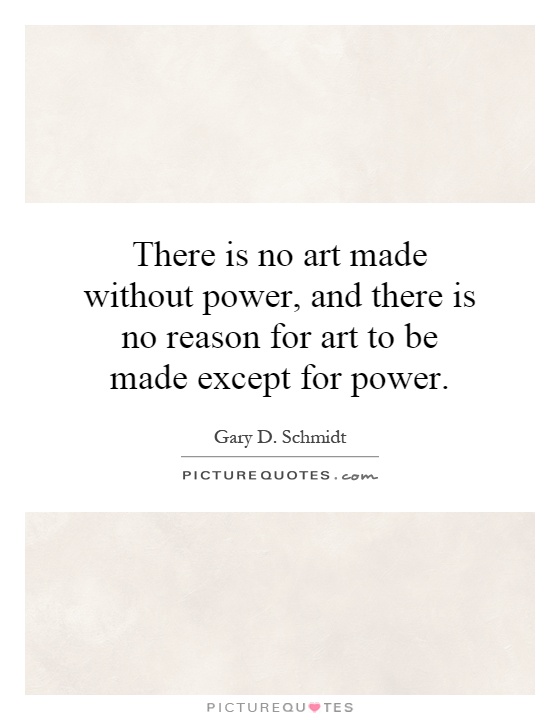
There is no art made without power, and there is no reason for art to be made except for power
Gary D. Schmidt is a renowned author known for his powerful and thought-provoking works of literature. His novels often explore themes of power, identity, and the human experience. In the context of Schmidt's work, the statement "There is no art made without power, and there is no reason for art to be made except for power" holds true.Schmidt's novels, such as "The Wednesday Wars" and "Okay for Now," are filled with characters who grapple with power dynamics in various forms. Whether it be the power of family, society, or personal agency, Schmidt's characters are constantly navigating the complexities of power and its impact on their lives. Through his storytelling, Schmidt demonstrates how power can shape and influence the human experience, driving individuals to create art as a means of asserting their own power or challenging existing power structures.
In "The Wednesday Wars," protagonist Holling Hoodhood finds himself at the mercy of his teacher, Mrs. Baker, who wields power over him in the form of assignments and expectations. As Holling navigates the challenges of adolescence and family dynamics, he turns to Shakespeare and acting as a way to assert his own agency and find a sense of power in his life. Through his involvement in the school play, Holling discovers the transformative power of art and its ability to empower him in the face of adversity.
Similarly, in "Okay for Now," protagonist Doug Swieteck uses his talent for drawing as a means of coping with the challenges he faces in his tumultuous home life. Through his artwork, Doug is able to reclaim a sense of power and control over his own narrative, ultimately finding a way to navigate the complexities of his world.

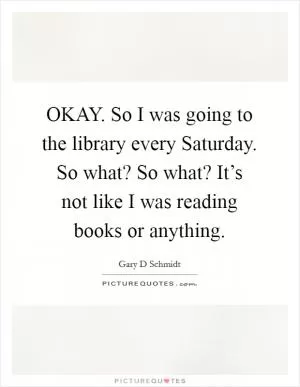
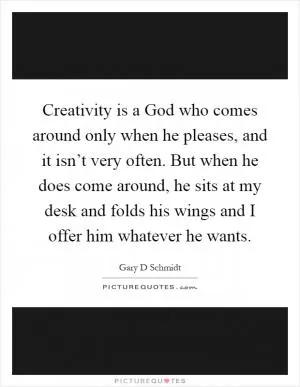

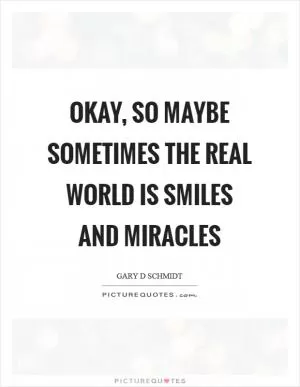

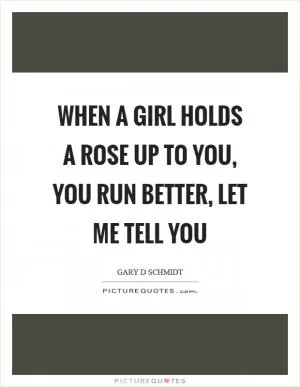
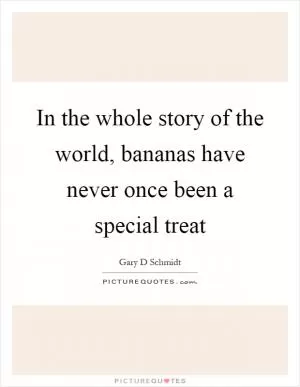

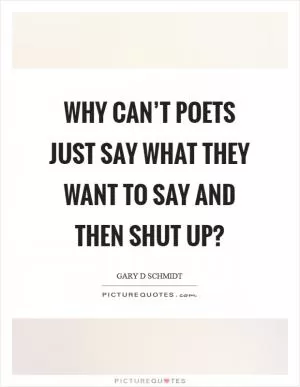


 Friendship Quotes
Friendship Quotes Love Quotes
Love Quotes Life Quotes
Life Quotes Funny Quotes
Funny Quotes Motivational Quotes
Motivational Quotes Inspirational Quotes
Inspirational Quotes